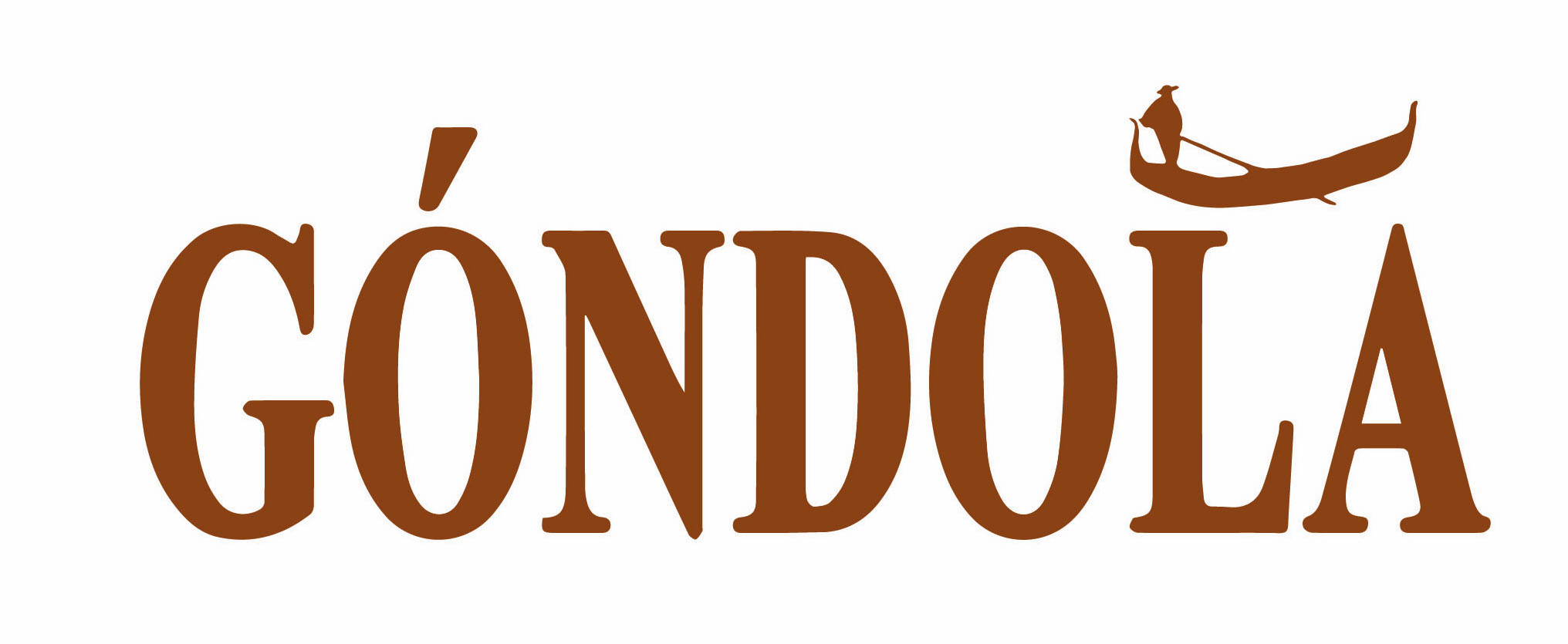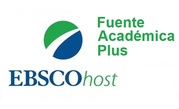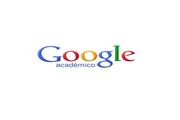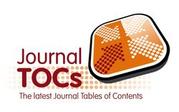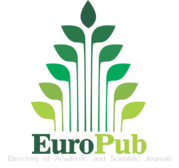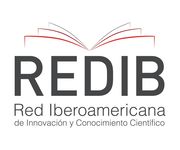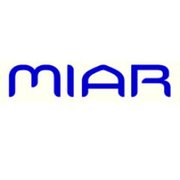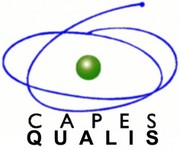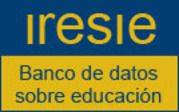DOI:
https://doi.org/10.14483/23464712.5218Published:
2010-01-01Creando semilleros de investigación en la escuela
Starting research seeds at school
Keywords:
Investigation Seedbeds, investigation Project, teamwork. (en).Keywords:
Semilleros de investigación, planteamiento de proyectos de investigación, trabajo en equipo, procesos de metacognición. (es).Downloads
Abstract (es)
Nuestra práctica docente siempre está en constante búsqueda de estrategias en relación con la construcción y reconstrucción del conocimiento científico, búsqueda que requiere de momentos cotidianos, persistentes, paciencia, y reflexión-acción sobre la practica que habitualmente desarrollamos con nuestros estudiantes. Bajo esta perspectiva desarrollamos la propuesta de crear en la escuela “los Semilleros de investigación” como grupos líderes con espíritu investigativo, capaces de conocer, comprender y transformar su propio desarrollo y su propio entorno social y cultural mediante la producción de conocimiento científico y por ende el posicionamiento de la Ciencia en la escuela y sus territorios. Estrategia que si se mantiene en el tiempo favorecerá las condiciones para que se convierta en una práctica habitual, es decir, en un desarrollo continúo que contribuya de manera significativa a la integración de esfuerzos por alcanzar mejores niveles en la formación científica de nuestros estudiantes.
Abstract (en)
Our teaching practice is always in constant search for strategies in relation to the construction and reconstruction of scientific knowledge. This search requires daily moments, persistent efforts, patience, and reflection-action on the practice that we usually develop with our students. Under this perspective, we develop this proposal that consist in to create "research seeds" in the school as leading groups with an investigative spirit, capable of knowing, understanding and transforming their own development processes, and their own social and cultural environment through the production of scientific knowledge and by the positioning of Science in the school and its territories. If we can keep this strategy over time, it will favor the conditions so that it becomes a more habitual practice, that is to say in continuous development and thus to contribute in a significant way to the integration of efforts to reach better levels of the science education to our students
References
Bachelard, La formación del espíritu científico. 2 Edición, Siglo XXI, Argentina. (1992)
Cardozo G. Villegas. Parra Ligia. Ciencia periférica y estudios Sociales de la Ciencia.
Colombia: Al filo de la oportunidad (1994) Informe conjunto, misión, ciencia, educación y desarrollo.
Chevallard, La transposición didáctica: del saber sabio al saber enseñado, Aique, Buenos Aires, (1991).
Izquierdo, A.M y ADÚRIZ Bravo “Epistemological foundations of school science” Science and Education, 12: 27-43, (2003)
Jorba J., Gómez, I., “Hablar y escribir para aprender:uso del lenguale en situación de enseñanza- aprendizaje desde las áreas curriculares”. Madrid: Síntesis, S. A. Ediciones, (2000)
Pozo M. Gómez Miguel Ángel . Aprender y enseñar ciencia.
Secretaria de Educacion Distrital, orientaciones curriculares para el campo de Ciencia y Tecnología.
How to Cite
APA
ACM
ACS
ABNT
Chicago
Harvard
IEEE
MLA
Turabian
Vancouver
Download Citation
License
Gondola, Ens Aprend Cienc. is an open-access publication, free of charge for authors and readers. The publication, consultation or download of the contents of the magazine does not generate any cost for the authors or the readers, since the Francisco José de Caldas District University assumes the expenses related to edition, management and publication. The peer evaluators do not receive any economic retribution for their valuable contribution. The work of all the actors mentioned above is understood as a contribution to the strengthening and growth of the research community in the field of Science Education.
As of December 1, 2018 the contents of the journal are published under the terms of the Creative Commons License Attribution-Noncommercial- ShareAlike 4.0 International (CC-BY-NC-SA 4.0), under which others may distribute, remix, retouch, and create from the work in a non-commercial way, give credit and license their new creations under the same conditions.
The copyright holders are the authors and the journal Gondola, Ens Aprend Cienc. The holders retain all rights without restrictions, respecting the terms of the license in terms of consultation, downloading and distribution of the material.
When the work or any of its elements is in the public domain according to the applicable law in force, this situation will not be affected by the license.
Likewise, we encourage authors to deposit their contributions in other institutional and thematic repositories, with the certainty that culture and knowledge is a good of all and for all.



